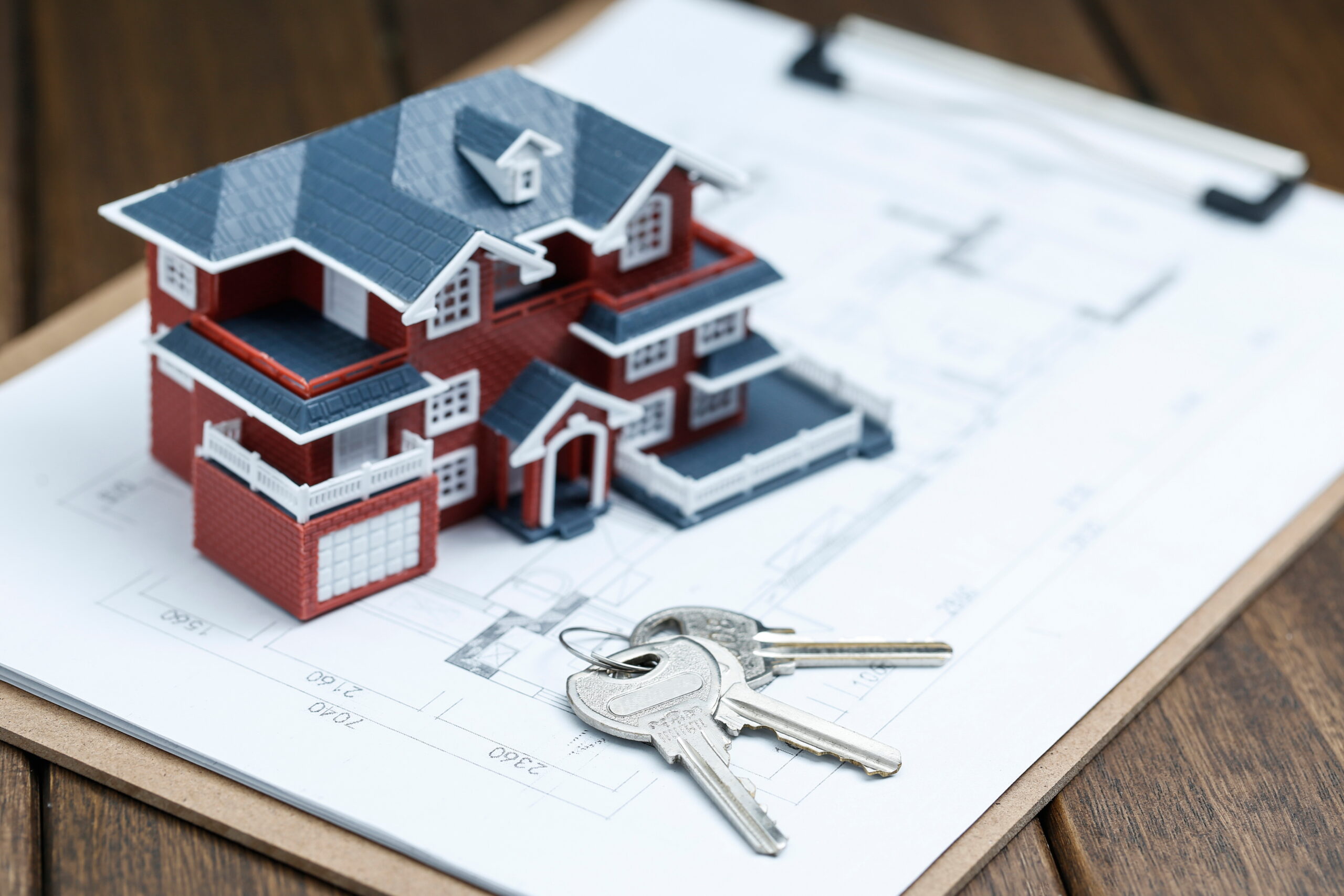Renting property in the UAE can be a straightforward process if you’re well-informed about your rights and obligations. Whether you’re a tenant or a landlord, understanding the legal framework can help you navigate the rental market with confidence.
Key Rights for Tenants
- Rental Contracts: A clear and detailed rental contract is crucial. It should outline key terms such as rent amount, payment schedules, lease duration, and maintenance responsibilities. Both the tenant and the landlord should sign this contract, making it legally enforceable.
- Security Deposits: In the UAE, landlords typically require a security deposit at the start of the lease. This deposit is meant to cover any damages or unpaid rent and is refundable at the end of your tenancy, assuming the property is in good condition and all dues are settled.
- Rent Hikes: Be mindful of the regulations governing rent increases. The UAE has specific rules about how and when a landlord can raise the rent, including caps on the percentage increase and mandatory notice periods.
- Maintenance Responsibilities: Generally, tenants are expected to handle minor repairs and maintain cleanliness. Significant repairs, particularly those related to the structure, are the landlord’s responsibility. Always check your lease to clarify these obligations.
- Resolving Disputes: If conflicts arise, the UAE offers various avenues for dispute resolution. In Dubai, the Rental Disputes Center resolves disagreements between landlords and tenants.
Steps to Protect Your Interests
- Review the Lease: Before signing your lease, ensure you fully understand its terms. This will clarify what is expected from both parties and help prevent misunderstandings.
- Keep Documentation: Maintain comprehensive records of all communications with your landlord, including emails, messages, and any written correspondence. Additionally, document the condition of the property with detailed photographs or videos when you move in and again when you move out. This thorough documentation will provide crucial evidence if disputes arise, helping to ensure a fair resolution.
- Amicable Settlement Options: If you’re unable to resolve an issue directly with your landlord, consider using negotiation or mediation as an alternative. Mediation involves a neutral third party who facilitates discussions between you and your landlord to help reach a mutually acceptable solution.
Tenants in the UAE should also be aware of their right to the return of their security deposit. Provided the property is returned in good condition and there are no outstanding payments, landlords are required to refund the deposit.
If you’re renting property in the UAE and need guidance on recent regulatory changes or understanding your rights, our real estate lawyers at Charter Legal are here to assist you. As one of Dubai’s leading law firms specializing in real estate, we provide expert advice on rental agreements, security deposits, and rent regulations. With our in-depth knowledge of Dubai’s rental laws, we can help you navigate the complexities and ensure your rental experience is smooth and compliant with the latest regulations.
Trust Charter Legal to protect your interests and manage your rental matters efficiently.

